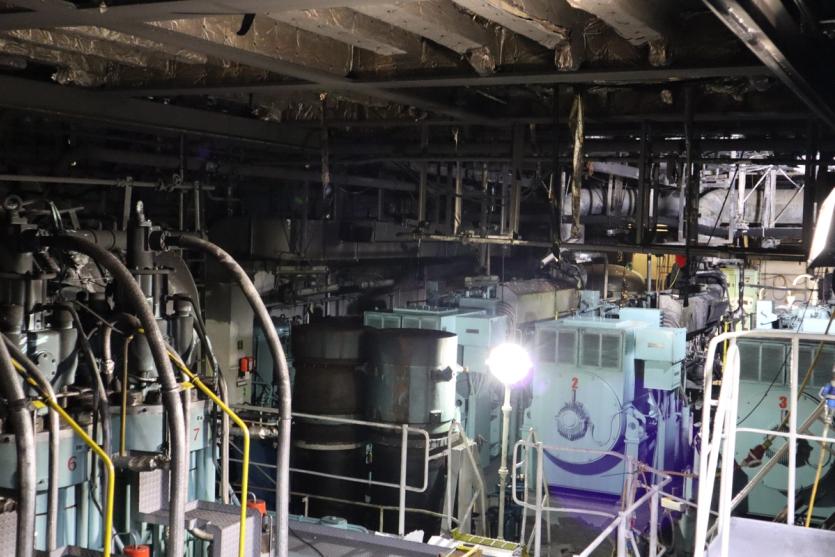Norwegian Hull Club released Casualty Information Newsletter No.104 in February 2022, which related to Auxiliary Engines performance testing, blackouts and dead ship recovery procedures.
As a follow up to that circular, and in light of a significant number of serious blackout cases in recent years, The Club wishes to highlight the importance of blackout prevention actions, ship-specific recovery procedures, and onboard training.
In addition, as new machinery and system technologies are introduced and integrated on board to reduce CO2 emissions, it is important to establish proper management of crew members' familiarisation and specific training relating to such systems. This will significantly impact their ability to effectively manage operations under various circumstances.
The inspection, maintenance and function-testing of switchboards, control and safety systems should be included in the Planned Maintenance System and surveyed/tested in connection with class survey and scheduled docking and repairs.
The classification societies are increasingly focused on blackout prevention and have of late issued newsletters and technical advice regarding the same.
As such, Norwegian Hull Club strongly recommends that Ship Managers liaise with the Class Society in question to seek advice and guidelines as to minimise blackout risks and prepare effective recovery actions to mitigate potential consequences.
We recommend reading more on the issue in the following DNV News article, published May 16, 2024
https://www.dnv.com/news/11-statutory-blackouts-causes-prevention-effective-recovery/
RECOMMENDED ACTIONS
- Ship-specific procedures for blackout prevention and effective recovery actions should be prepared;
- Ship-specific system familiarisation and training of crew to be established / undertaken. Training based on regular blackout testing should be arranged;
- Ensure correct maintenance and operation of all machinery, electrical installations and control and safety systems;
- Identification of high-risk operations – awareness of blackout risks and preventive actions;
- Preventive inspections and maintenance of redundancy equipment, i.e. inspection of switchboards by infrared camera;
- Risk assessment procedures in place – critical operations;
- Management of change procedure – new equipment / new technologies / new management and crew;
- We also wish to highlight the importance of carrying out routine performance and capacity tests of the Auxiliary Generators and Emergency Generator.
KEY RECOMMENDATIONS
- To mitigate potential consequences of blackouts, it is essential to prioritise crew training, maintenance of critical systems, and collaboration with classification societies.
- By proactively establishing ship-specific procedures, ship managers can significantly enhance the safety and operational reliability of their vessels.
